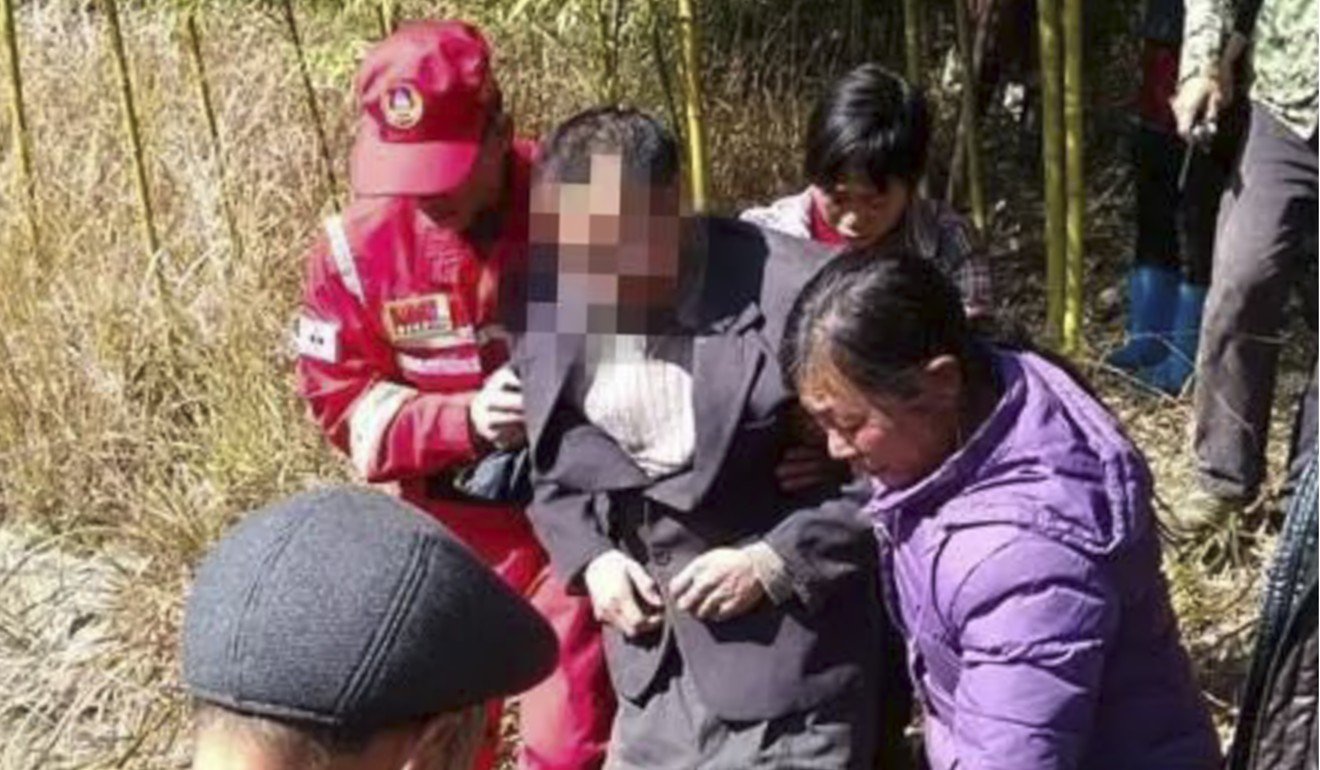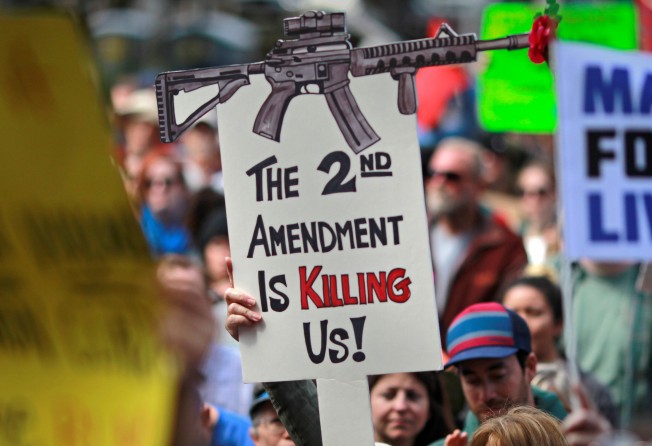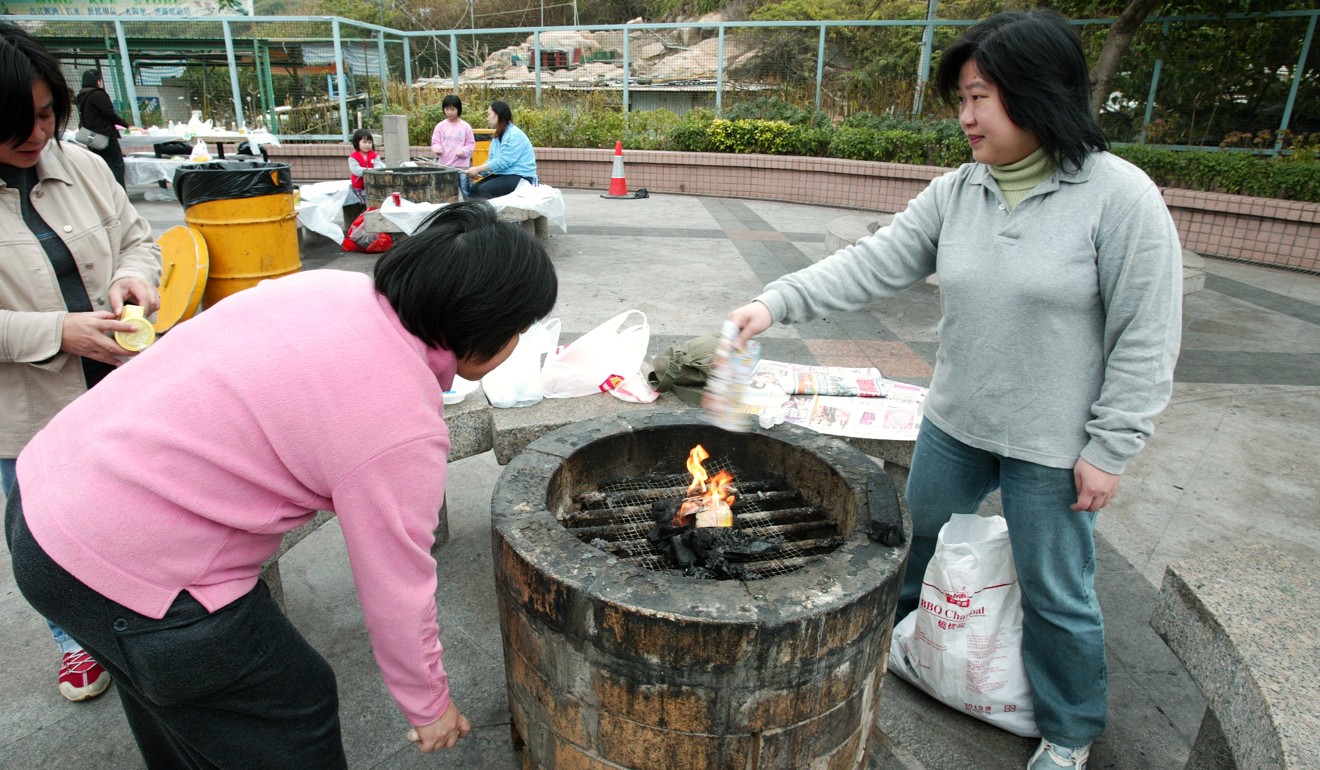
The US should think of gun control as a suicide prevention measure
Paul Yip says that countries around the world have taken useful public health measures to prevent suicides which, if applied to guns in the United States, could decrease its recent problem of the middle-aged taking their own lives

The recent student-led March for Our Lives in the United States, calling for greater gun control, sought to convince the government to prioritise lives and safety in order to reduce gun violence and mass shootings, including school shootings. The demonstrators want to see universal background checks implemented for all gun sales, along with raising the federal age of gun possession to 21.
Unfortunately, despite numerous shootings, President Donald Trump is not doing what he can to restrict access to such weapons, which would be the most effective way of preventing such tragedies.
Each year in the US, nearly 40,000 people commit suicide, half of which are carried out with a gun. Men are especially vulnerable. One of the factors shortening life expectancy in the US over the past two years is the increasing number of suicides among the middle-aged.
The deadly mass shooting in Port Arthur, Australia in 1996 led the Australian government to change gun ownership laws, promoting safe storage and making it more difficult for guns to fall into the wrong hands. Since then, there have been no incidents of a similar magnitude.
Also, research has shown that restricting access to a specific method of suicide can lead to fewer deaths. One classic example was a change in the nature of cooking gas in the United Kingdom; an effort involving a change in the packaging of paracetamol in UK led to a decrease in deaths from paracetamol poisoning.
Other methods for suicide prevention have been implemented in different countries, such as building bridge barriers in New Zealand and restricting sales of especially lethal pesticides in mainland China.

Locally, we have seen the success story of setting up platform safety doors in MTR stations to prevent accidents and suicide attempts, involving jumping onto the railway tracks, as well as setting up a higher fence in Times Square to preventing people from jumping off.
We carried out an experiment in Tuen Mun a few years ago, restricting sales of charcoal to reduce charcoal-burning deaths in Hong Kong. Charcoal is readily available in local markets, supermarkets and convenience stores in Hong Kong. However, it is not an essential daily household item. It is mainly used for recreational activities (especially outdoor barbecue). The proposed restriction of access, removing the charcoal from open shelves and making it necessary for the customer to ask a shop assistant to retrieve the charcoal for purchase, seems to be effective.

The idea is not to completely remove it from the market but set up barriers to obtaining the means of suicide. This means that there is a wider window of opportunity for intervention to reduce impulsive acts. This proposal slows access for those who would try to acquire charcoal at a time of heightened distress.
It is encouraging to see a reduction in charcoal burning deaths since the restriction.
The extent to which a society is prepared to impose relatively minor restrictions on all members (which might cause some inconvenience) to protect a minority of people who are mentally ill or severely distressed is a reflection of that society’s compassion and kindness to its vulnerable fellow citizens. Furthermore, restricting access to the methods of self-inflicted death has received very strong support, for example, from the World Health Organisation and the International Association for Suicide Prevention. Certainly, the distressed people might look for an alternative method, but by delaying the process we are buying time and widening the window of opportunity for intervention.
In this instance, the US government has failed to protect Americans. Mass shootings with so many innocent deaths are disheartening. How many more of these tragedies do you need to make the government change its mind?
There is no point in the president diverting the blame for these incidents to the mentally unwell, who very frequently do not receive any medical treatment. It is the government’s responsibility to provide a safe environment for its citizens. Gun ownership evidently doesn’t make a place safer.
Indeed, suicide is a very complex phenomenon that requires multilayered interventions. Life education, providing and improving services for persons who suffer from medically significant depression, and aiding individuals and families at times of turmoil or distress all are important steps that must be taken. Nevertheless, restriction of means is one method proven to be cost-effective and relatively simple to implement when supported by the community.
We salute the young people who have shown the courage and leadership to march for the lives of their fellow citizens. The students and community at large rightly demand action rather than another round of lip service before the next tragedy takes place.
Paul Yip is the director of the Centre for Suicide Research and Prevention at the University of Hong Kong